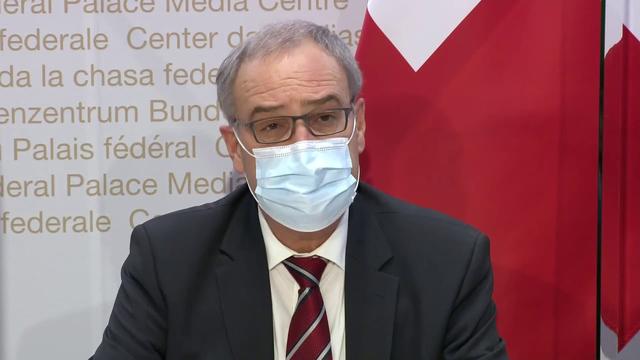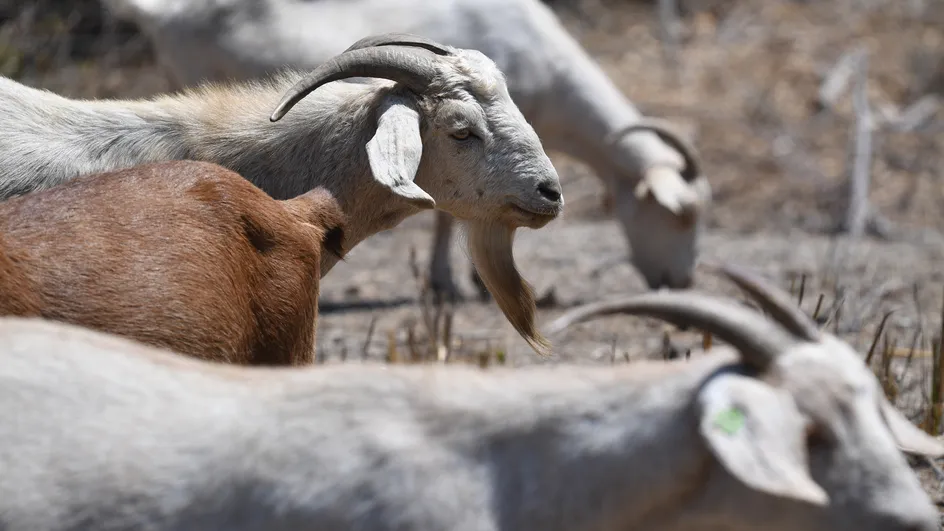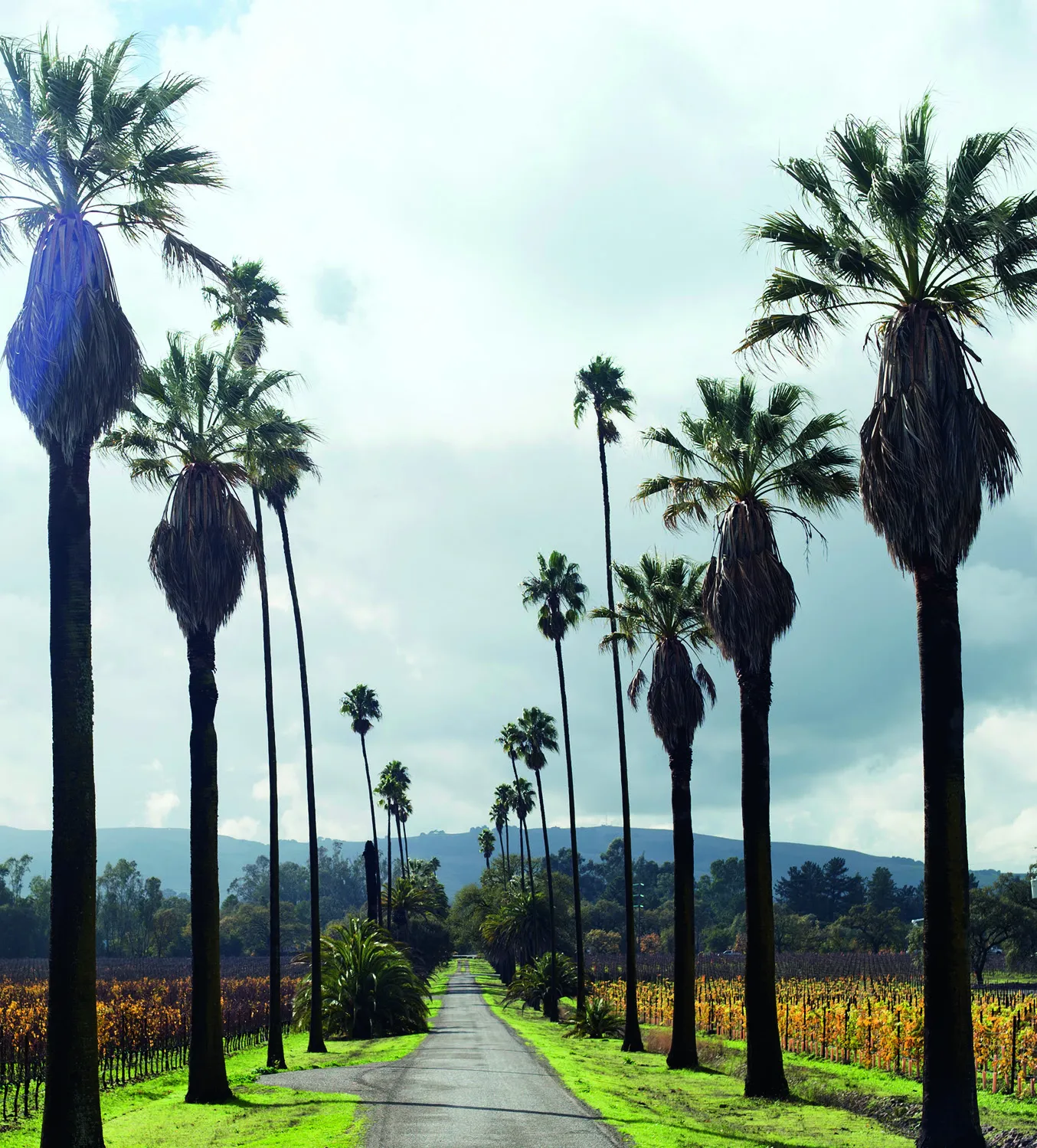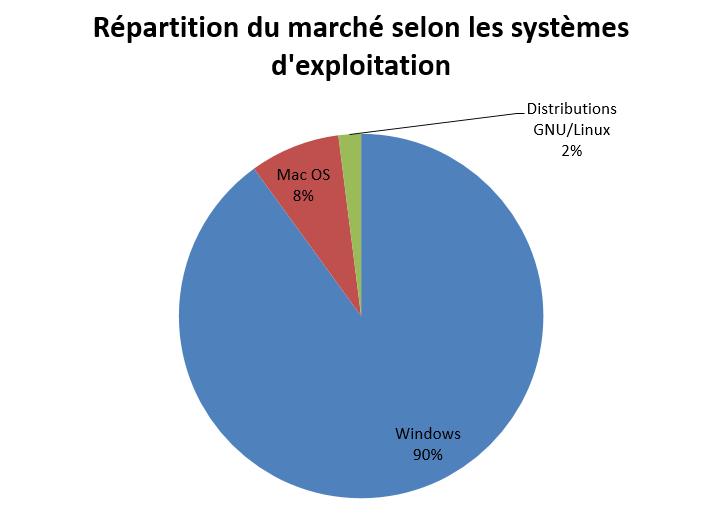In Switzerland, non-essential businesses will have to close on Monday, the United Kingdom wants to vaccinate 24 hours a day: the news from January 13
The essentials
The Federal Council is extending the measures adopted in December by five weeks: restaurants, cultural establishments, sports and leisure facilities will remain closed until the end of February.
On the other hand, it has decided to take strict new measures from Monday, January 18:
On this topic: The Federal Council is further tightening health measures
Switzerland has 3,001 additional cases of Covid-19 in 24 hours on Wednesday, according to figures from the Federal Office of Public Health (OFSP). 58 deaths are to be deplored, and 147 patients have been hospitalized.
Read also:
■ The British variant is present in around fifty countries
The number of countries and territories where the British variant is now found coronavirus initially spotted in the UK is 50 and it is 20 for the variant identified in South Africa, according to the World Health Organization (WHO).
The extent of the geographical spread of the two variants is likely underestimated, adds the WHO, because they are detected in countries with the capacity for genetic sequencing of the virus.
In addition, a third mutation that Japan announced on Sunday could impact the immune response and requires further study. “This variant has 12 spike protein mutations, including three concerning mutations common with VOC 202012/01 and 501Y.V2,” explains the WHO, “which may impact transmissibility and immune response.”
On Tuesday, the UN agency convened a meeting of 1,750 international scientists to discuss gaps in knowledge of emerging variants and priorities for research.
■ Pope Francis vaccinated at the Vatican
Pope Francis, 84, was vaccinated against Covid-19 on Wednesday on the first day of the vaccination campaign organized by the micro state of the Vatican, according to two journalists close to the sovereign pontiff.
In a television interview broadcast on Sunday evening, François indicated that he had made an appointment himself to do so, describing opposition to the vaccine as “suicidal negationism” and highlighting “an ethical choice” essential to protect the life of others.
His vaccination will be a relief for those around the pope, who are reluctant to wear a mask and stay away from the faithful and visitors. The leader of the 1.3 billion Catholics is however considered a person at risk: at the age of 21, in 1957, he had suffered from acute pleurisy and the surgeons had to proceed to the partial ablation of his right lung.
While Pope Francis seems unconcerned about his own health, he is concerned about the inevitable gatherings when he shows up in public.
■ Portugal is preparing to reconfine itself
Portugal is waiting to hear the details of a second general confinement made inevitable by the resurgence of the Covid-19 epidemic which has followed by an easing of health restrictions during the Christmas period. The new provisions, which must be announced at the end of the day at the end of an extraordinary council of ministers, will have “a horizon of one month” and “a very similar profile” to the first confinement imposed in March and April, has clarified the head of government Antonio Costa. He assured however that nurseries and primary schools would remain open, unlike the spring confinement.
The Portuguese are therefore preparing for a new closure of non-essential shops, cafes and restaurants, which could take place as early as Thursday. Exceptionally, however, voters will be able to go out to vote in the first round of the presidential election on January 24. Those who wish can even do so early this Sunday.
In addition, the authorities are now considering requiring a negative Covid-19 test for passengers disembarking at the country's airports, as neighboring Spain already does.
■ Towards 24-hour vaccinations in the United Kingdom
The British authorities plan to put in place “as soon as possible” a 24-hour vaccination against Covid-19 in order to speed up the current campaign, Prime Minister Boris Johnson said on Wednesday. Faced with an outbreak of contamination attributed to a variant considered more contagious, the United Kingdom wants to vaccinate by mid-February the over 70s and caregivers, or around 15 million people. The government did not give details on how this would take place or who it would target.
Launched on December 8, the campaign with the Pfizer/BioNTech and AstraZeneca/Oxford doses has vaccinated more than 2.4 million Britons. The pandemic has so far caused more than 83,000 deaths in the UK, the worst toll in Europe.
■ Geneva reacts to the new measures announced by Bern
“The Geneva government is amazed to see that the Confederation has chosen to close non-essential businesses, without granting any additional francs of aid “, deplores the president of the Geneva State Council, Anne Emery-Torracinta. “During the consultation, we replied very clearly that we were opposed to any closure of businesses without prior aid.”
“Subject to any changes, shops remain open in France, declares State Councilor Mauro Poggia, who fears an upsurge in shopping tourism from Monday. “Geneva is a border canton, we regret that the Confederation did not take this particular configuration into account and did not coordinate with our neighbors.”
■ The catering umbrella approves the decision of the Federal Council
Casimir Platzer, President of GastroSuisse: “The decision of the Federal Council is important for the catering. She is going in the right direction. Factoring in a 40-day closure period to automatically qualify for hardship benefits will help many restaurateurs. The situation remains alarming in our branch, but we will continue to fight, in particular so that the cantons ensure that the indemnities quickly reach their recipients”.
■ Switzerland returns to semi-containment
Non-essential businesses closed, compulsory teleworking, private meetings restricted: the Federal Council adopted a series of new measures on Wednesday to fight against the coronavirus . Switzerland is thus back on the road to semi-containment.
The measurements were in the air. Faced with the outcry of certain political and economic circles, their fate was however uncertain. On Wednesday, the Federal Council decided to drastically tighten the screw. In Switzerland, cases linked to new strains of the coronavirus, which are 50 to 70% more contagious, are doubling every week, Health Minister Alain Berset told the press on Wednesday.
The Federal Council has therefore decided to extend until the end of February the measures taken in December, in particular the closure of restaurants, sports, leisure and cultural centres. From Monday, shops and markets selling non-essential goods will follow suit. The goods can however be ordered in advance and picked up on site. The hourly and Sunday restrictions for stores selling everyday consumer goods, gas stations and kiosks are however lifted.
Several measures have also been taken regarding work. Telework will be mandatory wherever possible without disproportionate effort. The company will not be liable for any compensation for electricity or rent costs, the situation being only temporary. Employees who nevertheless have to go there must wear a mask if there are several of them in the same office. The minimum distance between workstations is no longer sufficient. An employee will only be exempted from this obligation if he has a certificate issued by a doctor or a psychotherapist. People at risk must be better protected. The right to telework or to equivalent protection in the workplace or to leave is introduced. If employees at risk cannot be adequately protected, they will be able to stay at home and receive their full salary.

The Federal Council has again decided to restrict private meetings to five people, adults or minors, whether indoors or outdoors. These measures are very harsh, acknowledged Alain Berset. They aim to avoid a third wave, subsequent more costly measures and endangering the vaccination that has started. Because people with symptoms cannot be vaccinated, he recalled.
■ Putin orders mass vaccination in Russia
Russian President Vladimir Putin on Wednesday ordered the start of coronavirus vaccinations for all categories of the population starting next week, saying that the vaccine designed by his country was “the best”. In December, Russia had already started its vaccination campaign aimed at populations deemed to be priorities, in particular medical and school personnel. The categories allowed to receive the Russian Sputnik V vaccine were then gradually expanded.
After being the first in the world to register a vaccine against the coronavirus in August, despite international criticism in the face of an announcement deemed premature, Russia is now seeking to outpace other countries in the rate of its vaccinations to immunize its 146 million inhabitants. According to the Russian Sovereign Fund (RDIF), which financed the development of this product, more than one million people in Russia have been vaccinated to date. Named "Sputnik V" in homage to the first satellite sent into space by the USSR in 1957, the vaccine is more than 90% effective, according to its designers.
Sputnik V, which Russia plans to export widely if it finds production capacity, can be kept at temperatures varying between +2 and +8°C. Several other vaccines, including those from Pfizer/BioNTech and Moderna, on the other hand, require storage at extremely low temperatures, but another leader in global orders, the AstraZeneca/Oxford vaccine, has the same storage conditions as the Russian vaccine. . Like the AstraZeneca vaccine, Sputnik V is a two-shot viral vector vaccine.
For her part, the Russian Deputy Prime Minister, Tatiana Golikova, in charge of health, affirmed that everything was “ready” to embark on a massive vaccination from Monday, assuring that more than two million doses should be available by the end of January. Some experts, however, remain skeptical, considering that Russia does not currently have the capacity to produce such a vaccine on a massive scale. "You can't produce a vaccine in three or four days," geneticist Kirill Volkov, based in St. Petersburg, told AFP, pointing out that vaccines like Sputnik V based on adenovirus have never been produced in mass in Russia or elsewhere in the world.
Russia, which has officially registered more than 3.47 million cases of coronavirus so far, is facing a second, very deadly wave of Covid-19, but the authorities refuse for the moment any new containment national in scope.
■ Vaccination will be fully covered by health insurance
Vaccination against Covid-19 is free for all insured persons in Switzerland. On Wednesday, the Federal Council approved the tariff agreement concluded between the Confederation, the cantons and the insurers for reimbursement by health insurance.
The agreement sets a lump sum of 14.50 francs for services related to each vaccination, and an amount of 5 francs per dose of vaccine. Assuming a vaccination coverage rate of 60% of the Swiss population and two doses of vaccine per person, the volume of costs borne by the compulsory health insurance will amount to approximately 201 million francs for the year 2021. .
The actual price of the vaccine is confidential and the Confederation will cover the amount exceeding five francs per dose of vaccine, in accordance with the law on epidemics. No deductible will be levied and the cantons will bear the costs of the share. Vaccination will therefore be fully covered. The agreement has been valid since January 1.
■ 3001 new cases in Switzerland
Switzerland has this Wednesday 3001 additional cases of coronavirus in one day, according to figures from the Federal Office of Public Health (OFSP). 58 deaths have occurred since yesterday, while 147 patients have been hospitalized.
During the last 24 hours, the results of 29,068 tests have been transmitted, indicates the FOPH. The positivity rate is 10.32%. Over the past fourteen days, the total number of infections is 41,280. Over the past two weeks, the country has thus had an average of 477.51 new infections per 100,000 inhabitants. The reproduction rate, which has a delay of about ten days, is 1.00.
Since the start of the pandemic, 490,358 cases of Covid-19 contamination have been confirmed in the laboratory out of a total of 3,929,129 tests carried out in Switzerland and Liechtenstein. The total of deaths stands at 7,851 and the number of people hospitalized reaches 20,330.
The country also has 25,052 people in isolation and 34,723 individuals who are among their contacts have been quarantined. Added to this are 5,804 other people returning from a trip from a country at risk and who also had to go through the quarantine box.
■ Kitzbühel cancels the Alpine Skiing World Cup events scheduled for this weekend
The men's Alpine Skiing World Cup events scheduled for this weekend in the prestigious Austrian resort are canceled after the discovery of 17 cases of Covid-19 possibly linked to the English variant. "For security reasons, we do not want these Wengen races to take place in Kitzbühel this weekend," regional governor Günther Platter announced on Wednesday.
While the Swiss station of Wengen had to throw in the towel on Monday, also because of the Covid-19, for the organization of its stage scheduled for Friday to Sunday, Kitzbühel had turned its program upside down to resume two out of three races . The station was thus to organize two slaloms on Saturday and Sunday, now canceled, then a super-G and two descents on its legendary Streif track next week, for the moment maintained. "If there is no major anomaly, the Hahnenkamm events next week can take place," added Platter.
This announcement comes less than a month before the big winter meeting of the Worlds in Cortina d'Ampezzo (Italy, from February 8 to 21). This weekend of men's competition is the second stage of the season directly affected by the pandemic after the cancellation of the women's races in Yanqing (China) on the site of the 2022 Winter Olympics, resumed in Italy in February.
■ Record death in the United States, China is relocking
The United States recorded more than 235,000 new contaminations and 4,470 deaths on Tuesday. Never before has the country exceeded the 4,000 death mark in 24 hours.
In the hope of curbing contagion, the federal authorities have decided that all travelers wishing to travel to the United States by air will now have to present, from January 26, a negative test for Covid-19 in order to be allowed to travel.
In neighboring Canada, Ontarians have been ordered to stay at home, as the province's health system is "on the verge of collapse" according to local officials.
In China, which has largely eradicated the epidemic, which appeared in the country at the end of 2019, and where the last officially reported death dates back to last May, several outbreaks of contamination have appeared in recent days, prompting a firm response from the authorities. .
Even if we remain very far from the figures recorded in the rest of the world, the resurgence of cases worries the power at the approach of the Chinese New Year, which falls this year on February 12, and gives rise to hundreds millions of movements of migrant workers returning to their families.
China is also preparing to receive a team of WHO experts to investigate the origin of the coronavirus. Expected Thursday in Wuhan, in the center of the country, she should be placed in quarantine before starting her investigation.
Japan is preparing to extend its state of emergency, already in place in Tokyo and its outer suburbs, to seven additional departments in the face of the inexorable progression of the pandemic, with in particular an evening closure of bars and restaurants .
The Japanese archipelago is also seeking to isolate a new variant of the coronavirus recently detected in four people who arrived from Brazil.
■ Italy plans to reopen its museums in regions classified as a "yellow zone"
Italian Minister of Health Roberto Speranza announced on Wednesday the government's desire to reopen museums in the areas of the country least affected by the Covid-19 epidemic, but also to extend the state of emergency until April 30. These measures will come into effect from January 16.
The 20 regions of Italy are currently divided into three types of zones, yellow, orange and red, depending on the severity of the local epidemiological situation and every week the situation is reviewed by a scientific committee.
“This week there is a general worsening of the epidemiological situation in Italy, the number of patients in intensive care is increasing […]. Make no mistake, the epidemic is once again in an expansion phase,” explained the minister. The new decree that the government is about to adopt provides for the maintenance of the travel ban between two regions, even if both are “yellow”, therefore at low risk, except for work or health reasons.
Bars will no longer be able to sell take-out food from 6 p.m., while restaurants will not be affected by this measure. The minister did not specify all the measures the government intends to take, but according to the media, the curfew in force from 10 p.m. until 5 a.m. should be maintained. Mr. Speranza indicated that the government is also considering the establishment of a + white zone + where shops, cinemas, theaters or dance and weight rooms would be open, and no restrictions imposed other than wearing a mask and social distancing .
At present, no Italian region meets the conditions to be classified as a white zone, namely to have less than 50 infections per 100,000 inhabitants.
■ The mutation that emerged in South Africa raises concerns about the immune response
The English variant attracts all eyes, but it is nevertheless a mutation present on other versions of the coronavirus which worries scientists from the point of view of vaccination against Covid-19, because it could affect its effectiveness. Called E484K, this mutation is carried by variants that have emerged in South Africa and, more recently, in Brazil and Japan, but not by the English variant, whose expansion around the world is making headlines. However, this mutation "is the most worrying of all" in terms of the immune response, said Ravi Gupta, professor of microbiology at the University of Cambridge, interviewed by AFP.
Variants are different versions of the original coronavirus, which appear over time as a result of various mutations. A normal phenomenon in the life of a virus, because mutations occur when it replicates. Many mutations of Sars-CoV-2 have been observed since its appearance, the vast majority without consequence. However, laboratory tests carried out on the E484K mutation have shown that it seems capable of reducing the recognition of the virus by antibodies, and therefore its neutralization. “As such, it can help the virus to circumvent the immune protection conferred by a previous infection or by vaccination”, explains Professor François Balloux, of University College London, quoted by the British organization Science Media Center.
It is this prospect of “immune evasion” that worries scientists, with the question of the effectiveness of vaccines in their sights. On January 8, BioNTech and Pfizer, the manufacturers of the main vaccine administered in the world, assured that the latter was effective against the N501Y mutation. But their laboratory checks did not focus on E484K. They are therefore not sufficient to conclude that the efficacy of the vaccine will be the same against the variants which carry it as against the classic virus.
However, nothing indicates that E484K is sufficient to make variants resistant to current vaccines, the scientists temper. Indeed, even if it turns out that this target is less well recognized by the antibodies, other components of the variants will in principle remain within their reach. Faced with the emergence of new variants, several laboratories have assured that they were able to quickly provide new versions of their vaccine if necessary.
■ How Ireland became the fastest-spreading country for the coronavirus
Racked by a 'tsunami' of Covid-19 cases, Ireland went into a few weeks from being a good pupil in the fight against the pandemic to that of the unenviable one of the countries with the highest rate of transmission in the world. The country of five million has just 2,397 deaths and how it coped with the first two waves has drawn praise. As recently as December, it had the lowest incidence rate in the European Union after being the first European country to institute a second lockdown.
But with 1,288 new confirmed cases per million inhabitants on Monday according to data compiled by the University of Oxford (on average over seven days), it now holds a sad first place, ahead of the Czech Republic and Slovenia. In the meantime, the Christmas holidays have passed by and the British variant of the virus, considered more contagious, has arrived on Irish soil. According to official statistics, Ireland had just over 93,000 cases as of January 1, a figure which has since exceeded 150,000 a day.
On Tuesday, Switzerland announced the introduction of a quarantine for travelers from Ireland, while the director of health emergencies at the WHO, Michael Ryan, underlined that the country is currently facing “one of the strongest increases in the number of cases of the disease” in the world. According to the Irish health services, hospitals are on the verge of rupture. They had, according to figures published on Tuesday, 1,700 patients infected with the virus, almost double the figure recorded during the peak of the first wave in the spring.
To combat this surge in cases, Ireland implemented a third confinement after Christmas, the successive tightening of which led to the closure of schools, non-essential businesses and pubs, restaurants and hotels.
■ Israel relies on its local health network to carry out its ambitious vaccination campaign
Some two million Israelis, out of nine million inhabitants, have received their first dose of the Pfizer-BioNTech vaccine as part of an ambitious campaign that has been under way since December 19.
According to several media, Israel has paid more than the market price to ensure an adequate supply of this vaccine. The Department of Health declined to comment. But beyond the volumes purchased, observers believe that the success of the government's strategy can be explained by the involvement of health insurance funds in vaccination. Every Israeli must be affiliated with one of the country's four health insurance funds, which, thanks to the precise information they have, personally contact policyholders about vaccination.
These funds are non-profit. They run their own clinics and employ their own doctors. They have implemented vaccination awareness strategies adapted to each component of society, in particular by contacting influential rabbis concerning ultra-Orthodox Jews (12% of the population).
Israeli Arabs (20% of the population) are more skeptical of a vaccine “that they don’t know about” and therefore less likely to get vaccinated, according to Rosenberg. In East Jerusalem, the Palestinian sector of the city occupied and annexed by Israel, the inhabitants seemed “little interested in vaccination” due to misinformation on social networks, explains doctor Ali al-Jibrini. “But the number of people who are getting vaccinated is increasing, there has been a kind of awakening,” he notes.
Human rights organizations have called on Israel to guarantee the delivery of vaccines to the Palestinian territories, as the “occupying power”. The Palestinian Authority has not officially indicated whether it has asked for help from Israel, but announced on Monday that it had signed supply contracts with four foreign laboratories.
■ Catering “shadow trades” call for help
Beverage wholesalers and other suppliers to the hotel and catering industry, “shadow trades” 'shadow', also ravaged by the pandemic, want to benefit from the same aid as cafes, restaurants and hotels, because their losses are of the same magnitude and the horizon remains gloomy.
Anne St Léger took over Serfi in 2017, an SME based in Nice which for 30 years has been supplying hotels with equipment (furniture, bedding, bathrooms, etc.) and technical engineering for renovations. The family business employs 50 people, has 3,500 customers and generates 10 million euros in annual turnover.
“We were growing very strongly: we were going to make 13 million euros in 2020, but we only worked for two and a half months. It saddens me: we are broken in our development”, she explains to AFP. “We are the shadow companies: our customers are closed, have zero visibility, do not invest in equipment, it completely shuts us down”.
However, these suppliers, “very heavily dependent on hotels, cafes, restaurants” and just as penalized by the periods of confinement and curfew, do not benefit from the same support from the State and are today “in danger” with a first half of 2021 which promises to be gloomy.
If a hotel that loses 70% of its turnover can receive 20% of its monthly turnover from the solidarity fund up to 200,000 euros, its supplier will only be entitled to "10,000 euros at most, whereas it can depend 98% on the hotel industry and achieve several million or tens of millions in turnover. It's nonsense," she said.
■ The Netherlands extends restrictions until February 9
Dutch Prime Minister Mark Rutte announced on Tuesday the extension until February 9 of the restrictions in place in his country. The goal is to curb the Covid-19 pandemic due to a still high number of contaminations.
"I don't think you'll be surprised much this evening, the confinement has been extended for three weeks", announced Mark Rutte during a televised press conference, when the restrictions should have been lifted on January 19.
“Almost everyone will understand that there was no other choice,” he added. The government is also considering imposing a curfew and has questioned public health authorities about it, Mark Rutte added.







